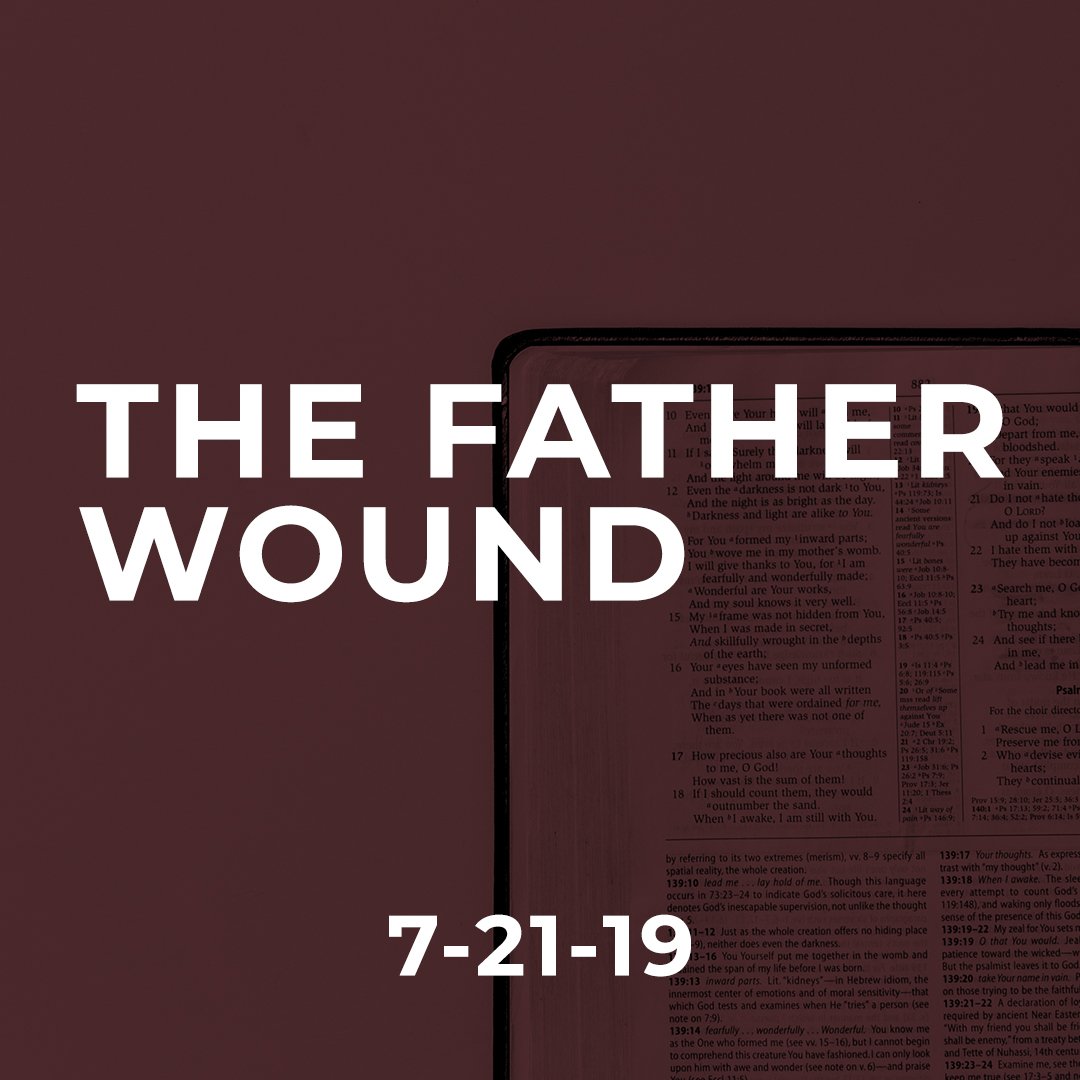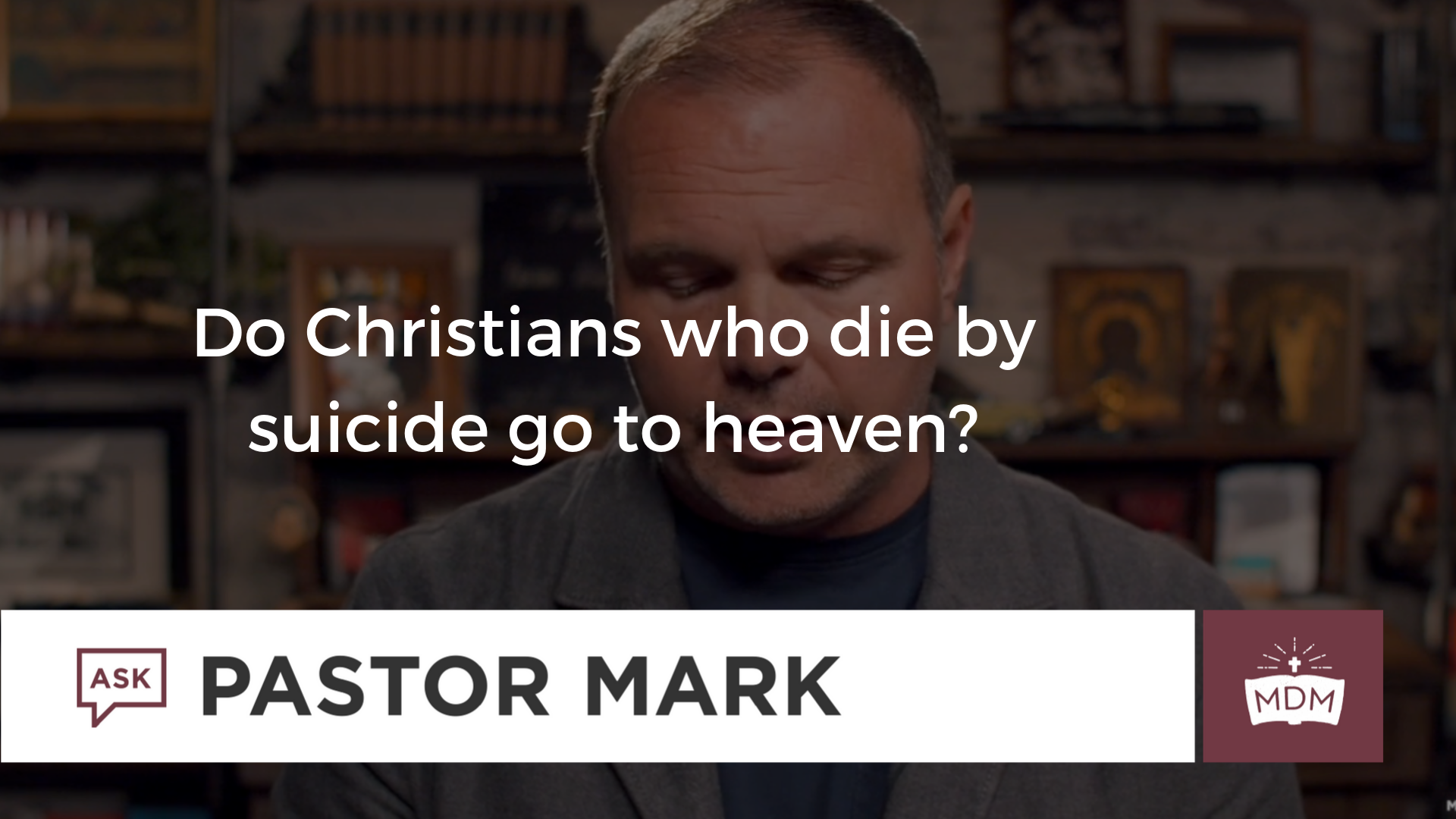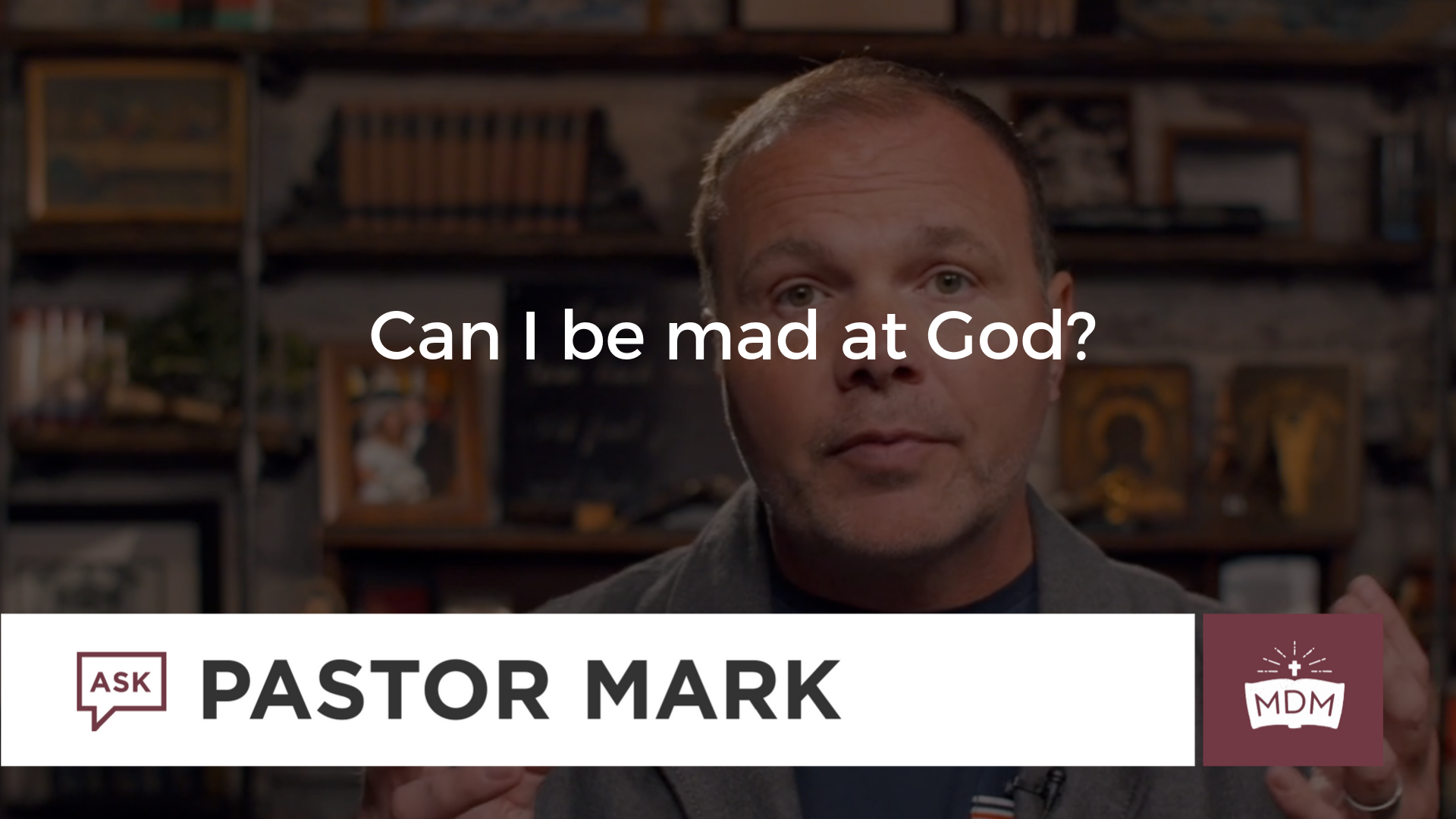What powerful lies are you believing?
The poor woman had been in a loveless and lifeless marriage for many years. She came to church, her husband did not. She loved the Lord, her husband did not. She wanted children, her husband did not. And, she remained faithful and her husband did not.
Knowing that her husband also had a few girlfriends he was also intimate with, this woman came in to the church office seeking some sort of advice on what to do. When talking about why it was happening and what she was going to do in response, she said, “I should have never married a non-Christian and so I need to stay with him because it’s God’s way of punishing me for marrying him.”
My heart sank. This poor woman had believed powerful lies about God and herself. Jesus spoke about the freeing power of the truth, and she needed this desperately. Proverbs 14:25 [ESV] says, “A truthful witness saves lives, but one who breathes out lies is deceitful.”
Every life, including yours, is filled with our interpretation of what is happening, and decision making regarding our response. Wisdom brings us to the truth which is reality. Folly and evil bring us to lies, which deceive us.
When we are hurting, two things can happen. One, we are more likely to get any advice we can. Two, lots of people give us their advice. This is often a bad thing. Why? Because we do not need a lot of counsel, but instead wise counsel. A family member, friend, or coworker whose life is a mess (even if well-intended) is as helpful as a winter coat during the Arizona summer where I live.
When hurt, Satan sends evil spirits and human beings to lie to you. Also, foolish people wander in to spout their opinion, which is unhelpful. These are forms of false witness because they are not testifying to the truth of reality as Proverbs 12:17 [ESV] says, “Whoever speaks the truth gives honest evidence, but a false witness utters deceit.” Importantly, this includes you. The loudest voice in your life might be your own so watch what you tell yourself.
Who are the loudest voices in your life currently? Are they helping you find reality and respond wisely?








